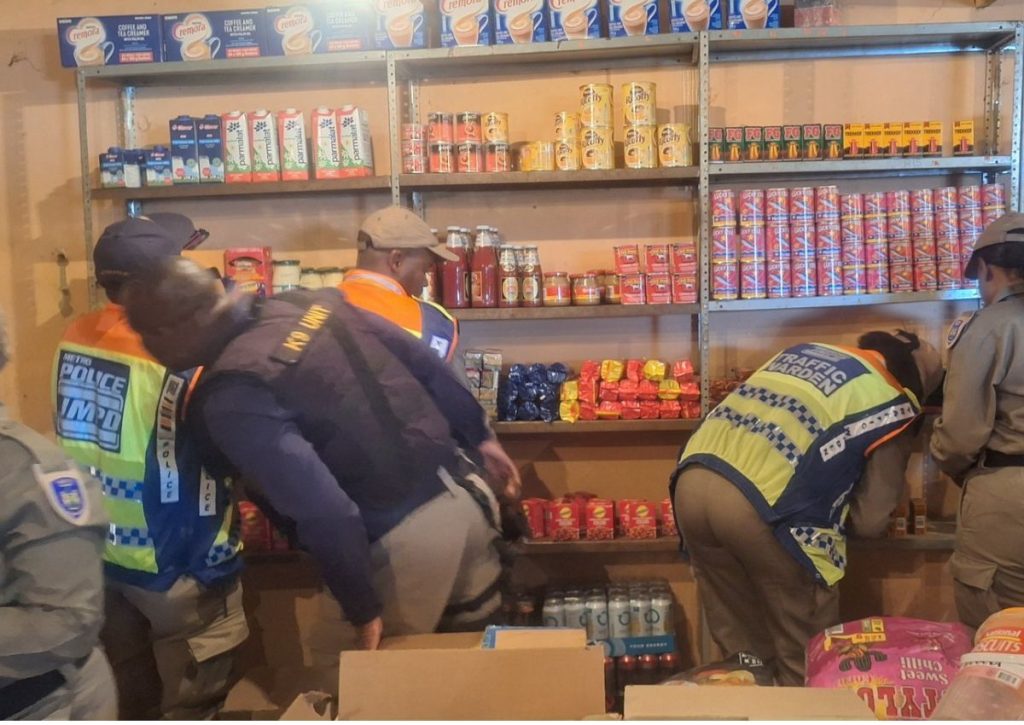Another learner dies from suspected food poisoning in Gauteng

The Gauteng Department of Education has confirmed that yet another child has died due to suspected food poisoning.
The Grade 2 learner from Thabisile Primary School in Diepkloof, Soweto, reportedly died on Friday, 22 November. Close to 1000 cases of foodborne illnesses have been reported across the country, especially in Gauteng, KwaZulu-Natal, Limpopo, and Mpumalanga, and over 20 children have died.
GRADE 2 LEARNER DIES FROM SUSPECTED FOOD POISONING
According to the Gauteng Department of Education, the learner fell ill on Wednesday, 20 November, after consuming biscuits from a local spaza shop.
Her condition reportedly worsened over the next two days, and she was taken to Chris Hani Baragwanath Academic Hospital on Friday, where she was tragically declared deceased.
Gauteng Education spokesperson Steve Mabona said the exact cause of her death remains unclear at this stage. The relevant authorities are investigating the circumstances surrounding this tragic incident.
Mabona said they had dispatched the psycho-social support unit to provide counselling to the affected family, learners, and staff at Thabisile Primary School on Monday, November 25.
“Our thoughts and prayers are with the family, friends, and school community during this difficult time. We remain committed to ensuring the safety and well-being of all learners and will continue to monitor developments closely,” Gauteng Education MEC Matome Chiloane said.
Meanwhile, on Friday, a five-year-old Grade R learner also from Diepkloof in Soweto, Gauteng died from suspected food poisoning after consuming snacks bought from a local spaza shop. Three other minors who were hospitalised.
FOODBORNE ILLNESSES CLASSIFIED AS A NATIONAL DISASTER
On Thursday, 21 November, ministers leading the multidisciplinary teams in government responsible for the national response to foodborne illnesses held a media briefing to outline the government’s action plan to manage foodborne diseases.
Justice Minister Thembi Simelane said the disaster management centre had classified foodborne illnesses as a national disaster under the National Disaster Act.
Simelane said the classification encourages all organs of state, the private sector, and communities to improve their risk-avoidance practices by adhering to food safety legislation, standards and procedures.
DO YOU THINK ENOUGH IS BEING DONE TO ADDRESS THE SCOURGE OF FOODBORNE ILLNESSES IN COMMUNITIES?
Let us know by clicking on the comment tab below this article or by emailing info@thesouthafrican.com or sending a WhatsApp to 060 011 021 1. You can also follow @TheSAnews on X and The South African on Facebook for the latest news.



![Best breakthrough player? Throwback of schoolboy Sacha [photos] Best breakthrough player? Throwback of schoolboy Sacha [photos]](https://africatopforum.com/wp-content/uploads/2024/11/Sacha-Feinberg-Mngomezulu-is-nominated-for-a-World-Rugby-award.jpg.optimal-iqPldC-300x213.jpeg)


